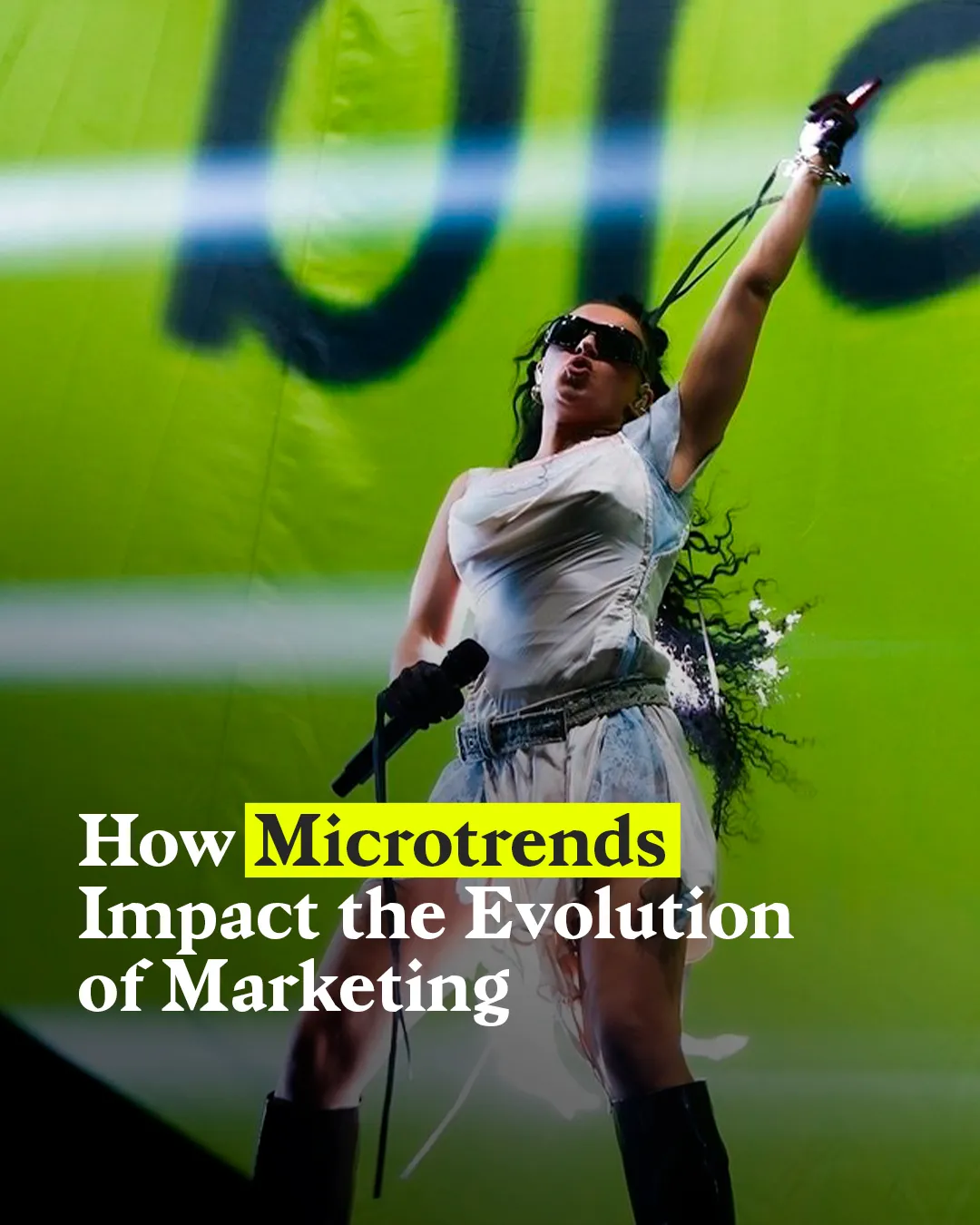
Deep Fake… What?
The recent scandal involving celebrity gamer and YouTuber Atrioc (Brandon Ewing) has unravelled an urgent discussion around the moral parameters of the digital world we inhabit. Accidentally revealing his browser to display apparent deepfake porn videos featuring fellow YouTubers QTCinderella and Pokimane, Ewing found himself in a social and moral quagmire.
Deepfakes, if you’re not familiar with the term, are media doctored by AI to create a somewhat eerie uncanny valley-esque digital doppelgänger. In more sinister terms, they are often used to create pornographic content featuring celebrities or acquaintances without their consent. This unethical application of AI has become a Pandora’s box of personal privacy nightmares.
Most folks agreed that Ewing messed up by consuming these videos. But the ‘whys’ and ‘hows’ of that mistake make for a thorny debate, where identifying the exact moral transgression becomes a labyrinthine task. This complicated matter brings us to what Carl Ohman has coined the ‘pervert’s dilemma’, a philosophical puzzle that prompts us to question the moral limits of both porn and human imagination.

The nub of this dilemma is a puzzling dichotomy: why is it that consuming deepfakes is seen as morally wrong, while entertaining sexual fantasies about someone — effectively deepfakes of the mind — is considered morally neutral?
This conundrum may force us to reconsider our moral attitudes toward both deepfakes and sexual fantasies to maintain some consistency in our moral compass. This process of reevaluation could lead us down two potential paths.
First, we could start to accept pornographic deepfakes as a normalised form of sexual fantasy. In this case, we simply outsource the job of fantasy creation to AI, making deepfakes essentially the ‘next-gen fantasies.’
The second path is more challenging. We could start to question the very moral neutrality of sexual fantasies altogether. For a long time, particularly in Christian Europe, fantasising sexually was considered sinful. Post-Enlightenment, they became largely private matters. This potential shift could dramatically impact societal norms and push privacy considerations into a new light.
With the arrival of the internet and the explosion of personal data, people feel they should have control over their personal information — even if stored in others’ minds. This shift in attitude, driven by the information age, might be signalling the twilight of the moral neutrality of the mind.
Rapid technological advancements in deepfake technology and growing familiarity with them might desensitise society to deepfake pornography over time, much like a frog slowly boiling in water.
From a moral philosophy perspective, there’s no simple answer to whether we should accept deepfakes as the ‘new normal’ or question the morality of sexual fantasies. Moral truths are not set in stone. They dance with societal, technological, and cultural shifts, and hence, need to be reevaluated by every generation.

The feelings of humiliation and shame experienced by the victims of deepfakes are very real, making it crucial to continuously reevaluate the moral implications of these invasive technologies.
One important distinction is that deepfakes, as they are used today, are part of a system that disproportionately degrades women. This makes them distinct from sexual fantasies, which are not inherently gendered.
The primary immoral aspect of Ewing’s actions was his participation in this techno-powered system of degradation, not just the individual damage caused to those portrayed.
As technology and its societal integration evolve, so too must our perspectives on deepfakes. They challenge the traditional divide between public and private moral spaces, forcing us to reevaluate our stances on personal privacy and sexual morality.
So, it’s high time for a more nuanced understanding of deepfakes. They’re more than just individual acts of consumption. They’re part of a larger, systemic issue that demands ongoing examination. Unraveling the ‘pervert’s dilemma’ might be an uncomfortable journey, but it’s a journey we must explore to navigate the turbulent waters of our digitised existence.






